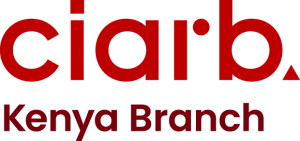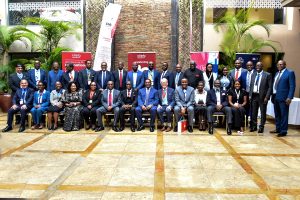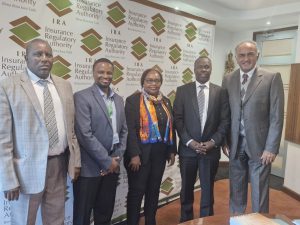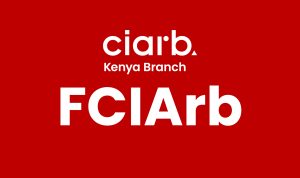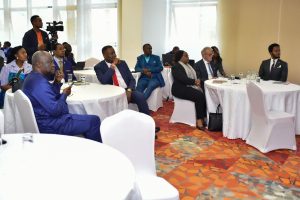Webinar Summary by Bernard M. Nyaga
Held Virtually on Zoom at 2 PM EAT
The webinar focused on running a successful mediation practice, as part of a series of ADR talks to create awareness on the progress of ADR and the changing trends around the world. It focused on three main integral aspects; the establishment of a mediation practice, day-to-day operations and sustainability in the long run.
ADR Talk 4, a flagship webinar of the Chartered Institute of Arbitrators, brought together three seasoned mediators with over thirty (30) years of experience in the settlement of disputes through Mediation; Ms. Faith Oloo, Dr. Joy Mbaabu and Mr. Thomas Daniels. First, the panelists delved into the establishment of a mediation practice.
It was noted that most mediators start out their careers as litigation lawyers who later become restless, frustrated and driven into alternative dispute resolution. However, proper 40-Hour Mediation training is a pre-requisite for every budding mediator in a recognized and reputable institution such as the Chartered Institute of Arbitrators (CIArb).
Through training, one becomes eligible to conduct private mediation and to apply for accreditation by the judiciary. Mr. Daniels, an accomplished family and separation mediator, advises mediators to opt for specialization as opposed to generalization. Mediation is not only a secondary profession which requires practitioners to focus on area but also very diverse.
Secondly, day-to-day operations of the mediation practice have drastically increased. This was triggered since the promulgation of Art. 159 (2) (c) of the constitution in 2010. Nowadays, there is a variety of Voluntary and Court-Annexed Mediation in community, commercial, land, children, data protection, intellectual property, election, family and other numerous matters.
How do you keep up with the pace of the mediation practice? One, train hard and internationally, 40-Hours is the basic minimum requirement. Two, it is a life-long journey of building competence. Three, recognize your duty to the public as a negotiator. Four, enrich your legal background is the catalyst of effective dispute settlement.
Over and above that, professional ethics determine the make or break of a mediator’s career. It is a result that certification bodies such CIArb, MTI and NCIA have developed ethical standards and code of conduct for mediators at an institutional level. Dr. Mbaabu stipulated that the Mediation Rules and Legal Notice No. 145 of 2022 seek to regulate Court annexed mediation, in the exclusion of private mediation.
Last but not least, the issue of sustainability of a mediation practice was discussed at depth by considering three factors. One, setting up a practice where the panelists emphasized on good conduct and the 6Cs (Certification, Capacity, Competence, Character, Confidence and Competitiveness).
Two, the mediators advised that it is important to measure the success of your ADR practice by leading disputing parties to a partial or full settlement, transforming how they think towards each other, asking parties to shake hands and requesting them to fill an evaluation form.
Three, dispute resolution practitioners must carve out a niche for themselves. Mediators were advised to always introduce themselves to clients in a professional manner, be empathetic, confirm their identities, and analyze the outcome of previous litigation or resolution processes. When mediators offer satisfactory professional services to disputants, it is very potent to get referrals.
In conclusion, mediation is a party-oriented process and impartial as anchored in the Constitution, the Civil Procedure Act and the relevant laws. Mediation and ADR has been on an upward trajectory in the judiciary, ombudsman, the Kenya Revenue Authority, academic institutions and the banking sector.
Download report here
